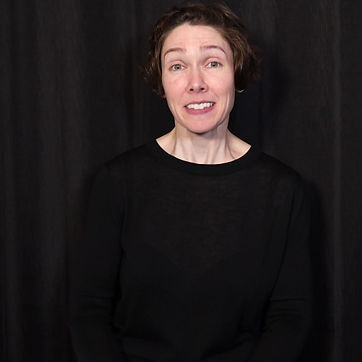
Policy on Privilege
We recognize that some of our privileges may be innate, unearned, and restricted to specific groups. We acknowledge that privilege may oppress certain groups. We overcome oppression by constantly checking our own organizational culture, valuing diversity, managing dynamics of difference, and ensuring that everyone has an opportunity to share their opinions freely and independently.
We improve as an organization by listening and reading the feedback from our communities, self-reflecting about our current practices, and seeking opportunities to break barriers so that everyone can be included in our society.
Policy Ideas retrieved from: https://www.nasponline.org/resources-and-publications/resources-and-podcasts/diversity/social-justice/understanding-race-and-privilege

Action
We recognize our privilege by doing “privilege checks” in conversation, creating space for feedback and engage in ongoing learning about discrimination, marginalization, and oppression.
What is a privilege check? A privilege check is when a person of recognized privilege or of majority culture (male, white, hearing, etc) asks questions or prompts feedback throughout discourse.

Action Examples:
Post meeting:
“Privilege check: was there anything I said or did that was oppressive that I might have looked over during this meeting?”
“During this meeting we just had with _______ did I take over the conversation because of my hearing privilege?”or “What could I alter next time to ensure I’m creating an equal playing field?”
During conversation:
“Privilege check: did what I just said about _________ come off as _______” or “Should I have said this differently?”